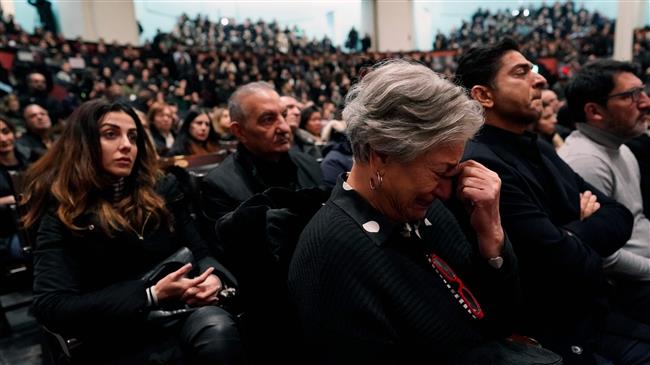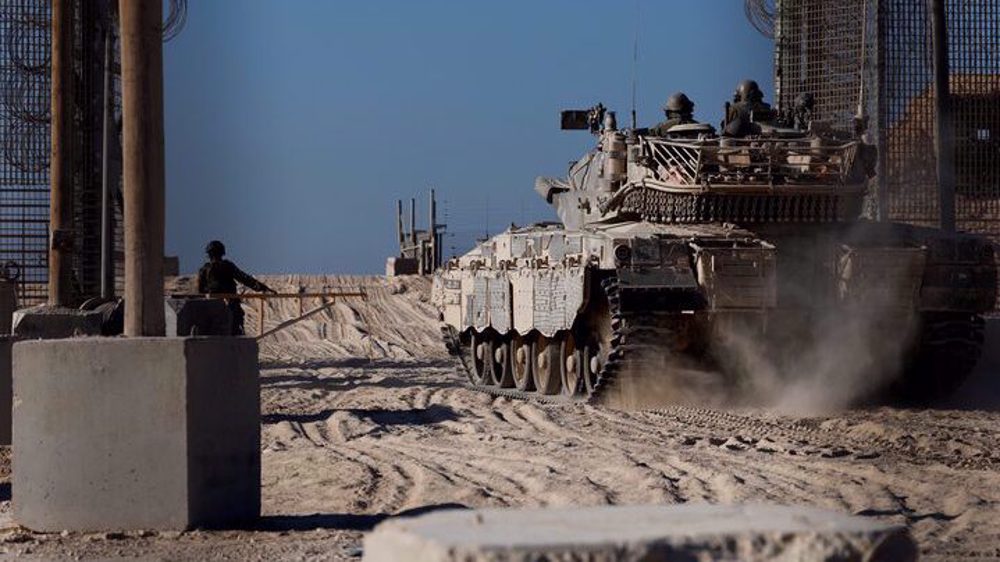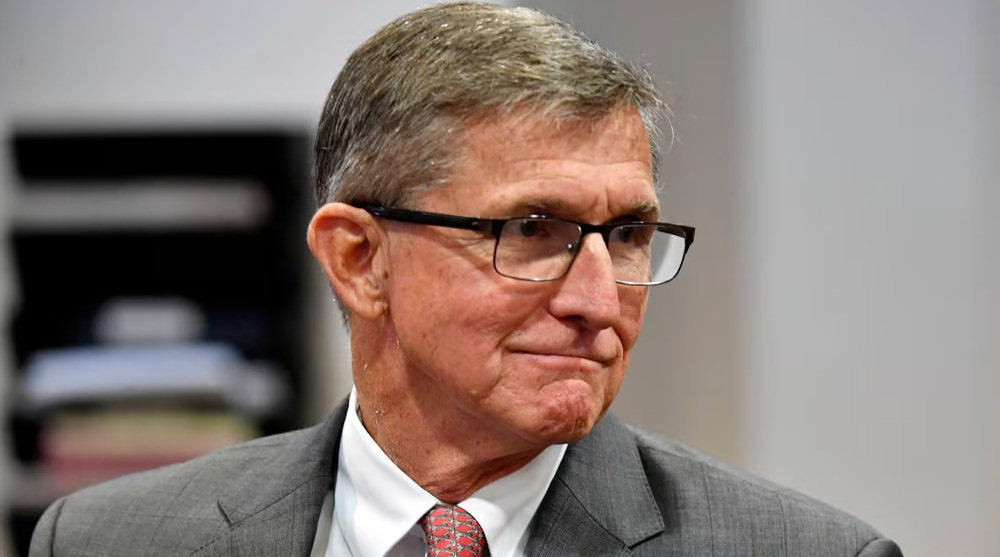Downing of Flight PS752: Trump bears responsibility
By Yuram Abdullah Weiler
Against a background of extreme tension and vigilance against a US reprisal, Iran’s defensive forces have downed a Ukrainian airliner, killing all passengers and crew on board. The tragic accident occurred on Wednesday morning, a short time after the Islamic Republic had carried out retaliatory attacks on US military bases in Iraq following the American assassination of the Islamic Revolution Guards Corps (IRGC) Quds Force head, Lieutenant General Qassem Soleimani.
Brigadier General Amir Ali Hajizadeh, commander of the IRGC Aerospace Force, upon learning of the unfortunate error, exclaimed, “I wish I were dead!” Apparently, someone manning an anti-aircraft defense battery, whose personnel were on extreme alert due to an anticipated American assault, made a fateful decision under enormous pressure to fire a missile at what was thought to be an incoming US cruise missile. Following Iran’s retaliatory attack, an officer, describing the incredibly tense atmosphere of anticipation his team was working under, explained regretfully, “We were prepared for an all-out conflict” with the Americans.
Hajizadeh confirmed that Ukrainian International Airlines Flight PS752 had been shot down erroneously by an Iranian air defense system, acknowledging Iran’s share of responsibility for the grievous error.
The chief commander of the IRGC on Sunday expressed his profound sorrow over the downing of the Ukrainian passenger plane, saying he had never felt more shame in his life.
Major General Hossein Salami made the remarks while addressing a session of Iran's parliament, where he said he wished he was among the passengers of the crashed plane and died with them.
“I wish I were inside that plane and fell down and burned along with those loved ones instead of witnessing this tragic incident,” the IRGC’s chief commander said, noting, “I swear on the life of my children that we [in the IRGC] have no other wish but to be torn into pieces for the sake of the security, welfare and peace of our people.”
The Boeing 737-800, on its way to Kiev and ultimately bound for Toronto, was shot down unintentionally on January 8. All the 176 people on board were killed and among them 147 were Iranians.
“Even before the completion of the work by the international commission, Iran has pleaded guilty to shooting down the Ukrainian plane,” Ukrainian President Volodymyr Zelensky declared in an official statement published on his website. Iran is cooperating fully with the international investigation, which includes 45 Ukrainian experts working at the crash site. Washington has even announced its readiness to issue sanction waivers to permit US National Transportation Safety Board (NTSB), Federal Aviation Administration (FAA) and Boeing personnel to travel to Iran to participate in the investigation.
While Iranian officials conceded that the Ukrainian passenger plane was struck by an unintentionally fired missile, the question of who was behind the video, allegedly verified by AP, capturing the downing of the plane remains. Just how did this person know of the exact time and place to record the strike without having prior knowledge. Also, initial reports by five unnamed Western intelligence sources, three American, one European and one Canadian, concluded that the plane had suffered a technical malfunction and had not been brought down by a missile.
Another disturbing revelation concerning the crash of the Ukrainian 737 is that the price of Boeing stock, which had lost some US $4.3 billion after initial reports pointed to mechanical failure, as has been all too frequently the case with similar models of Boeing’s passenger jetliners, shot up three percent following the IRGC’s admission that it had brought down the plane. Boeing and the US president have a long relationship dating back to the 1980s when he owned the ultimately unsuccessful Trump Shuttle, Inc. airline. Boeing, incidentally, contributes massively to the US economy as the largest exporter and its stock represents a weighted eleven percent of the Dow Jones Industrial Average.
Trump himself intervened in March 2019 to block the FAA from grounding the 737 MAX, as had the European Union’s aviation safety regulator, following a conversation with Boeing CEO Dennis Muilenburg about the safety of the airplane. The shooting down of UIA Flight PS752 is also the second time in recent years that Ukraine has been drawn into an incident involving the downing of a civilian airliner against a background of extreme military tensions. Malaysia Airlines Flight 17 was blown out of the sky by a Russian Buk anti-aircraft missile while the plane was flying over eastern Ukrainian airspace on July 17, 2014.
Iranians are all too familiar with the calamities of civilian airliners mistakenly identified as military targets and fired upon, with the subsequent loss of loved ones and friends. On July 3, 1988, Captain William C. Rogers III, commanding the US Aegis missile cruiser USS Vincennes, ordered an attack on Iran Air Flight 655, killing all 290 passengers on board. Rogers misidentified the civilian Airbus 300 for an F-14 Tomcat jet fighter, despite that the IFF transponder on the Iranian passenger aircraft was squawking on Mode 3, identifying the jet plane as civilian and not military. While some have suggested the current Ukrainian airliner tragedy and Iran Air Flight 655 are similar, this is simply not true. Unlike Captain William Rogers, who had illegally crossed into Iranian waters, General Hajizadeh was not “picking a fight.”
Furthermore, while accepting full responsibility for what President Hassan Rouhani called an “unforgivable mistake,” General Hajizadeh explained that there was no specific order given to shoot down the Boeing 737; that the missile operator had acted independently after mistakenly identifying the passenger plane for a cruise missile. “He had 10 seconds to decide,” Hajizadeh explained, “He could have decided to strike or not to strike and under such circumstances he took the wrong decision.” President Rouhani vowed, “The perpetrators of this unforgivable mistake will be prosecuted.” Alluding to the leading role played by the American president in precipitating the catastrophe, Foreign Minister Zarif noted, “Human error at time of crisis caused by US adventurism led to disaster.”
By escalating tensions and fears of war in the region, Trump bears a good measure of responsibility for this tragedy. The US president had threatened to strike 52 cultural sites, among which “some at a very high level & important to Iran & the Iranian culture,” should the Islamic Republic dare to retaliate for his personally-ordered assassination raid resulting in the martyrdom of General Soleimani. Hence, there should be no question as to why Iran’s defense forces were on the highest level of alert, bracing for a counter-retaliation by the Americans following the strike on the two US bases in Iraq.
Had the maniac in the White House not shredded the JCPOA, ramped up tensions with sanctions and bellicose rhetoric, and supported covert and overt attacks on Iran, culminating in the assassination of General Qassem Soleimani and criminal threats of terrorism against cultural heritage sites in Iran, perhaps this tragedy would not have happened. Perhaps the person responsible for firing the missile that downed the ill-fated 737 aircraft might not have felt so threatened as to require immediate defensive action. Perhaps 82 Iranians, and the remainder of the 176 passengers and crew, would be alive today.

*Yuram Abdullah Weiler (pictured above) is a former engineer educated in mathematics turned writer and political critic who has written dozens of articles on Islam, social justice, economics, and politics focusing mainly on the Middle East and US policies. His work has appeared on Tehran Times, Mehr News, Press TV, Iran Daily, IRIB, Fars News, Palestine Chronicle, Salem-News, Khabar Online, Imam Reza Network, Habilian Association, Shiite News, Countercurrents, Uruknet, Turkish Weekly, American Herald Tribune and Hezbollah. In addition, he has frequently appeared as a guest commentator on Press TV, Al Etejah, and Alalam. A dissenting voice from the “Belly of the Beast”, he currently lives in Las Cruces, New Mexico USA. Weiler wrote this article for the Press TV website.
Venezuela denounces US for ‘greatest extortion in history’
VIDEO | Israeli strike kills three in Lebanon as regime mulls renewed war
VIDEO | Hundreds gather outside UK Ministry of Justice, demanding strikers’ release
VIDEO | Israeli forces launch major military operation in Qalandia, north of occupied al-Quds
VIDEO | Press TV's news headlines
VIDEO | Israel's expansionist schemes
New Epstein files lay bare Trump's 'love for young girls,' links to sex offender's death
Libya’s army chief killed in Ankara plane crash after high-level talks with Turkish officials










 This makes it easy to access the Press TV website
This makes it easy to access the Press TV website